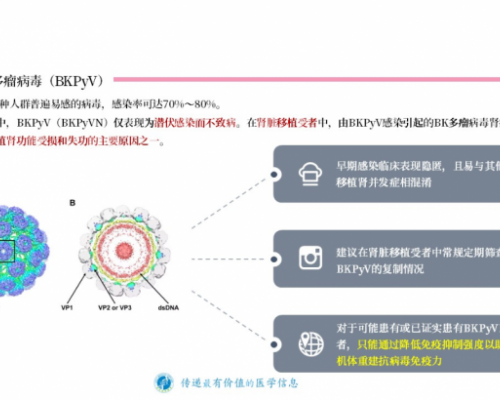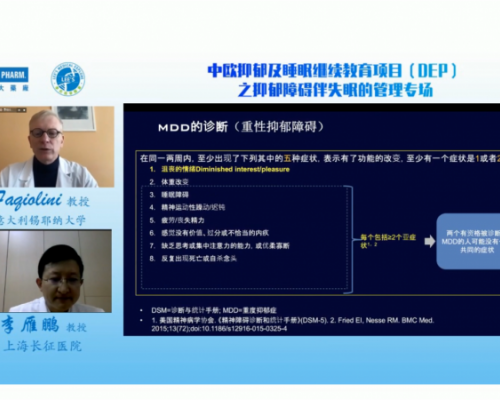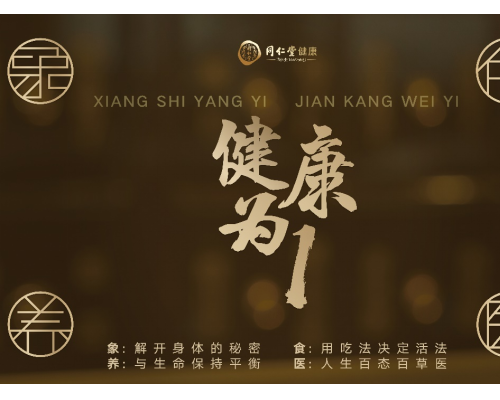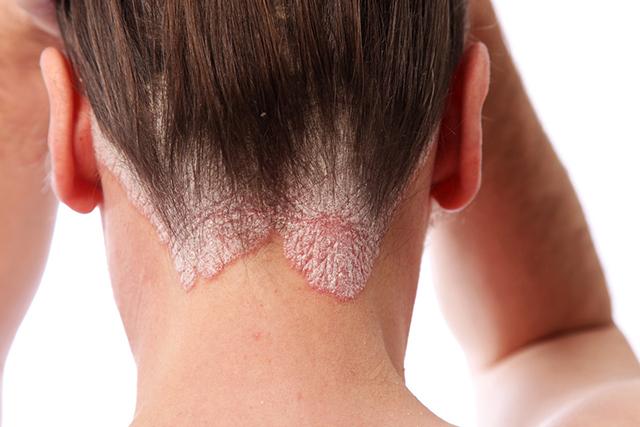In the US, approximately 35% of adults with systemic lupus erythematosus (SLE) have clinical evidence of nephritis at the time of diagnosis, with an estimated total of 50–60% developing nephritis during the first 10 years of disease. The prevalence of nephritis is significantly higher in African Americans and Hispanics than in whites, and is higher in men than in women. Renal damage is more likely to develop in nonwhite groups . Overall survival in patients with SLE is approximately 95% at 5 years after diagnosis and 92% at 10 years after diagnosis (5,6). The presence of lupus nephritis (LN) significantly reduces survival to approximately 88% at 10 years, with even lower survival in African Americans.
The American College of Rheumatology (ACR) last published guidelines for management of SLE in 1999. That publication was designed primarily for education of primary care physicians and recommended therapeutic and management approaches for many manifestations of SLE. Recommendations for management of LN consisted of pulse glucocorticoids followed by high-dose daily glucocorticoids in addition to an immunosuppressive medication, with cyclophosphamide (CYC) viewed as the most effective immunosuppressive medication for diffuse proliferative glomerulonephritis. Mycophenolate mofetil (MMF) was not yet in use for LN and was not mentioned. Since that time, many clinical trials of glucocorticoids plus immunosuppressive interventions have been published, some of which are high-quality prospective trials, and some that are not only prospective but also randomized. Therefore, the ACR determined that a new set of management recommendations was in order. A combination of an extensive literature review and the opinions of highly-qualified experts, including rheumatologists, nephrologists, and pathologists, has been used to reach the recommendations. The management strategies discussed here apply to LN in adults, particularly to those receiving care in the US, and include interventions that were available in the US as of February 2012.
While these recommendations were developed using rigorous methodology, guidelines do have inherent limitations in informing individual patient care; hence, the selection of the term “recommendations.” While they should not supplant clinical judgment or limit clinical judgment, they do provide expert advice to the practicing physician managing patients with LN.
狼疮性肾炎能生孩子吗 2012年美国风湿病学会狼疮性肾炎诊治攻略
精彩推荐
- 从品牌认知到价值共鸣:尊界以技术重定义豪华品牌成长范式

当中国新能源汽车市场从增量扩张转向存量深耕,一场关于品牌健康度的深层变革正在发生。杰兰路《2025年度下半年新能源汽车品牌健康度研究》指出:行业已跨越跑马圈地的阶段...详细
- 31.98万元起 “AI全场景家庭旗舰MPV”吉利银河V900开启预售

1月7日,吉利银河旗下V系列的首发之作,AI全场景家庭旗舰MPV吉利银河V900正式开启预售,共计3个版本,预售指导价格区间为31.98万元~38.98万元。新车围绕中国大家庭出行的真...详细
- 李氏医学探索带您重新认识移植威胁——BKPyV

BK多瘤病毒(BKPyV)在人群中的感染率极高,研究显示可达70%80%。多数人在婴幼儿时期完成原发感染,随后病毒长期潜伏于泌尿系统上皮细胞内,在免疫功能正常的情况下几乎不...详细
- 李氏医学探索带你了解重性抑郁障碍,这一被忽视的“系统性疾病”

重性抑郁障碍(MDD)并不只是情绪低落那么简单。根据诊断标准,在同一两周内至少出现五项症状,并且必须包含持续的抑郁情绪或兴趣和愉悦感明显下降,才可能被诊断为 MDD。...详细
本周热门
- 同仁堂健康双十一活动开启 “象食养医”倡导从健康的时候就关注健康

如果你想了解自己身体的秘密,让健康成为日常的生活方式,保持年轻的状态,实现抗衰老,逆生长的美好愿望,那么今年双十一的这场活动你一定不要错过。11月1日,同仁堂健康...详细





